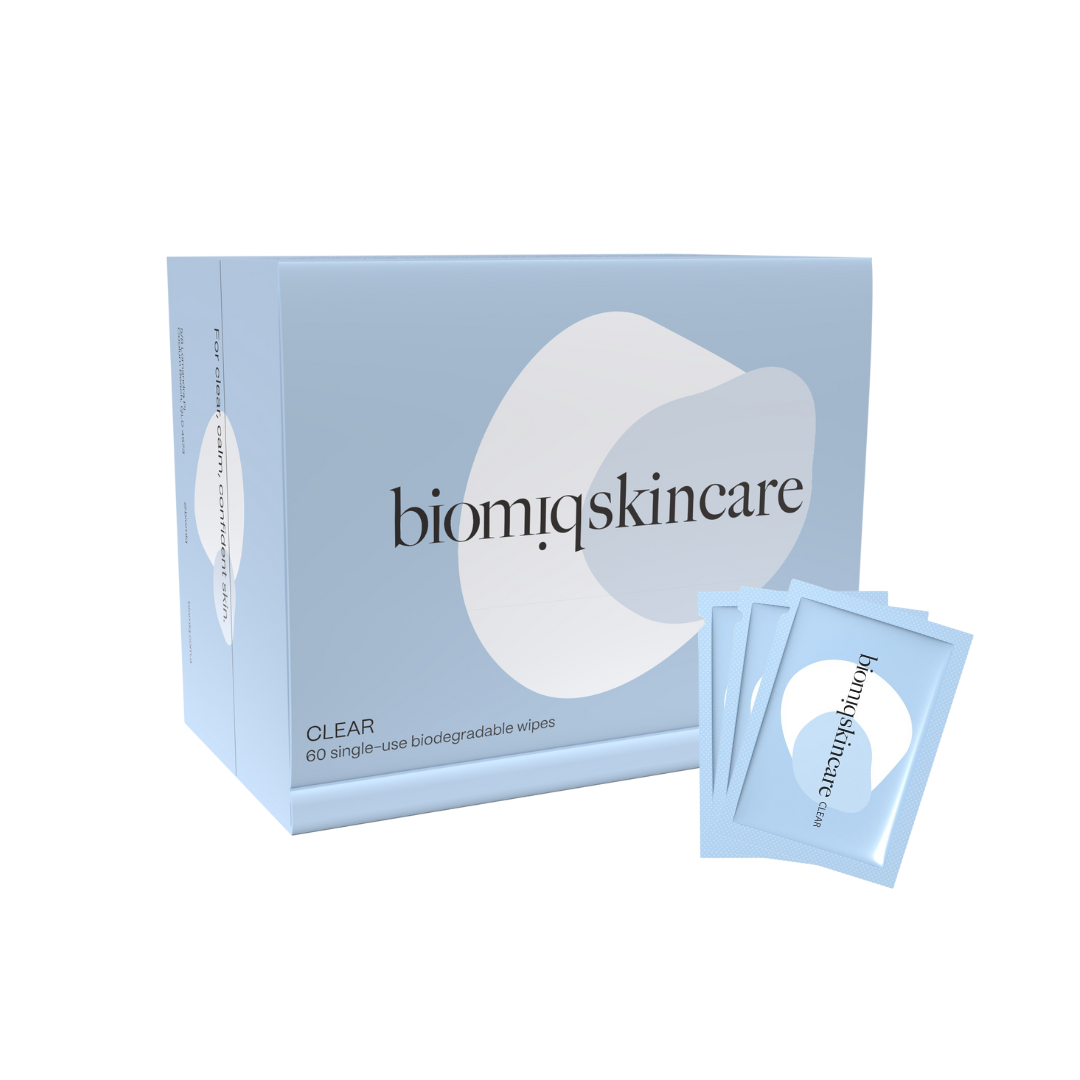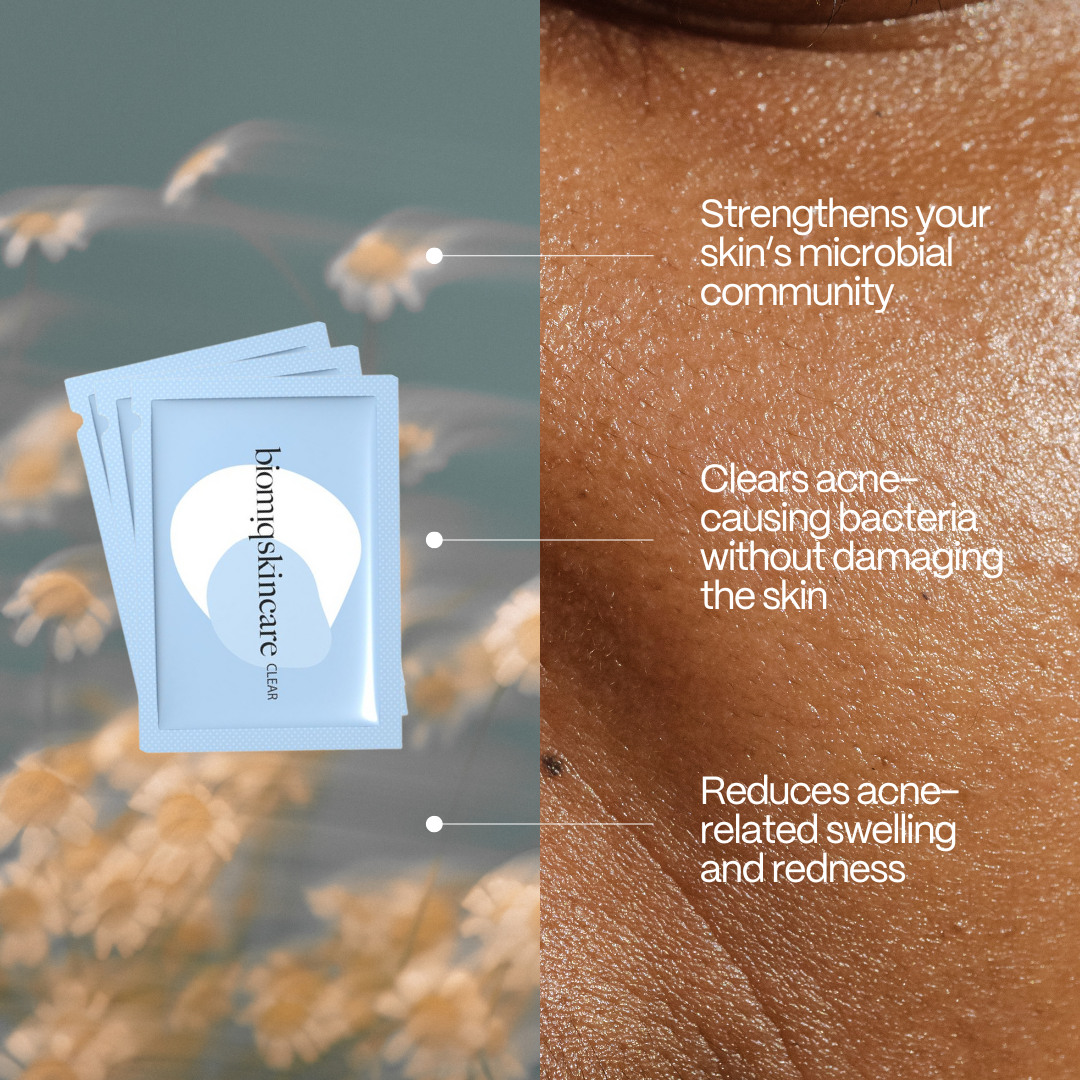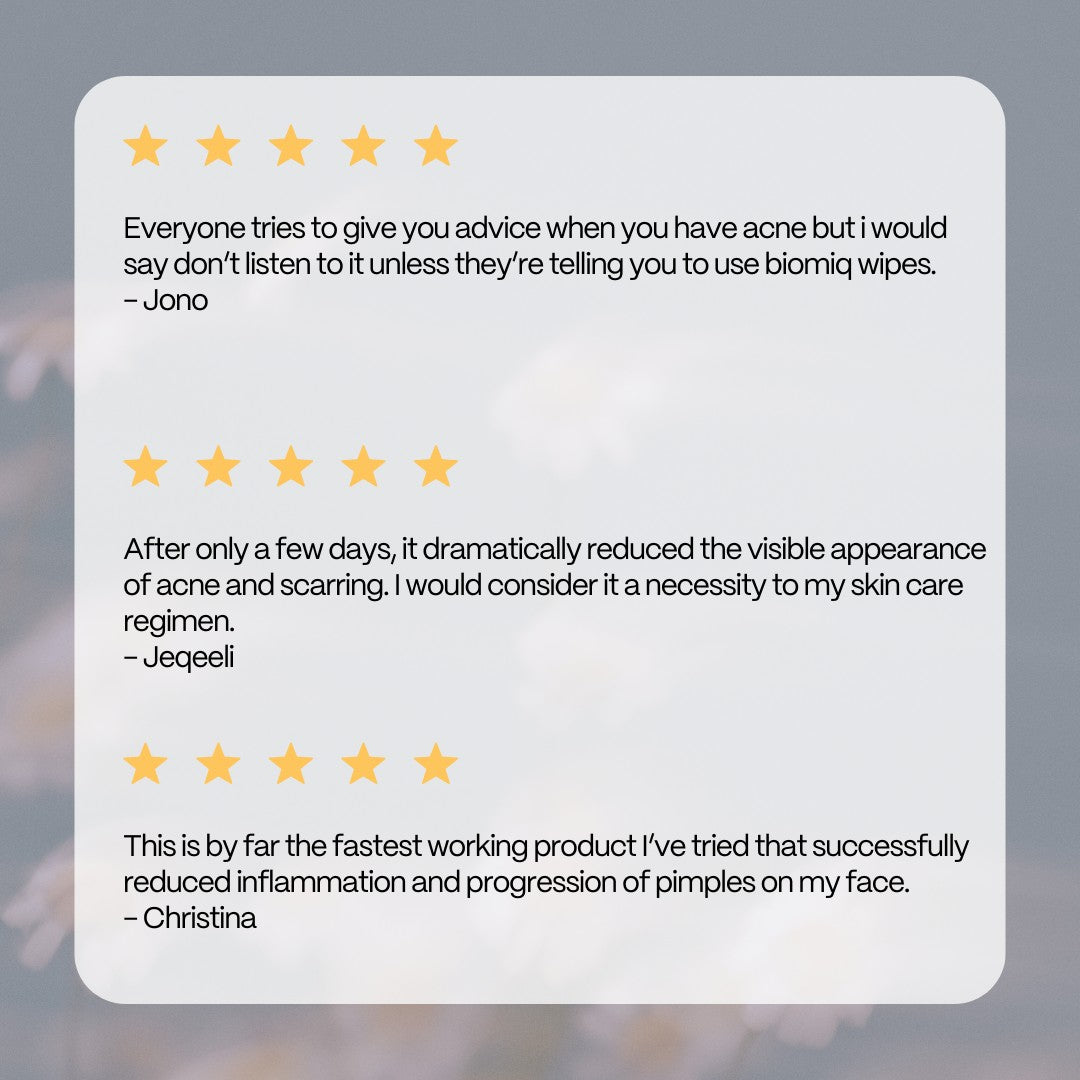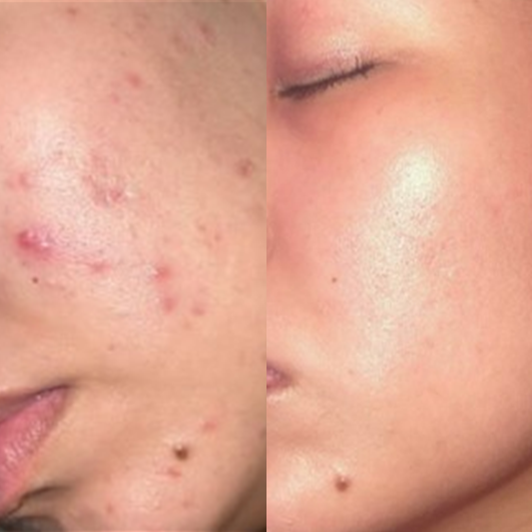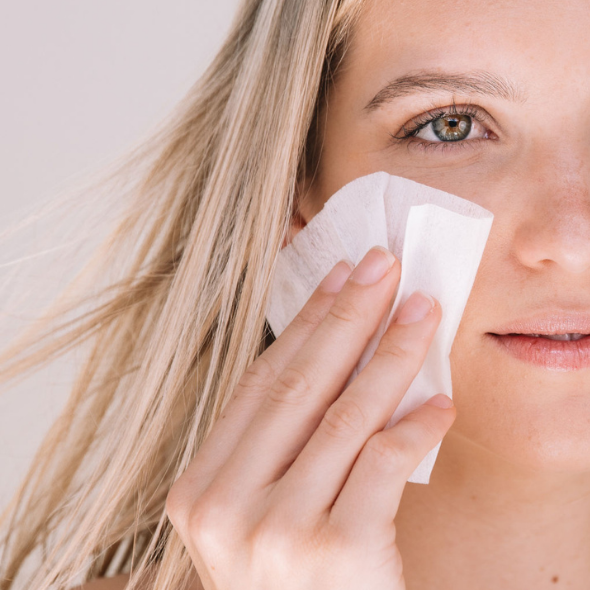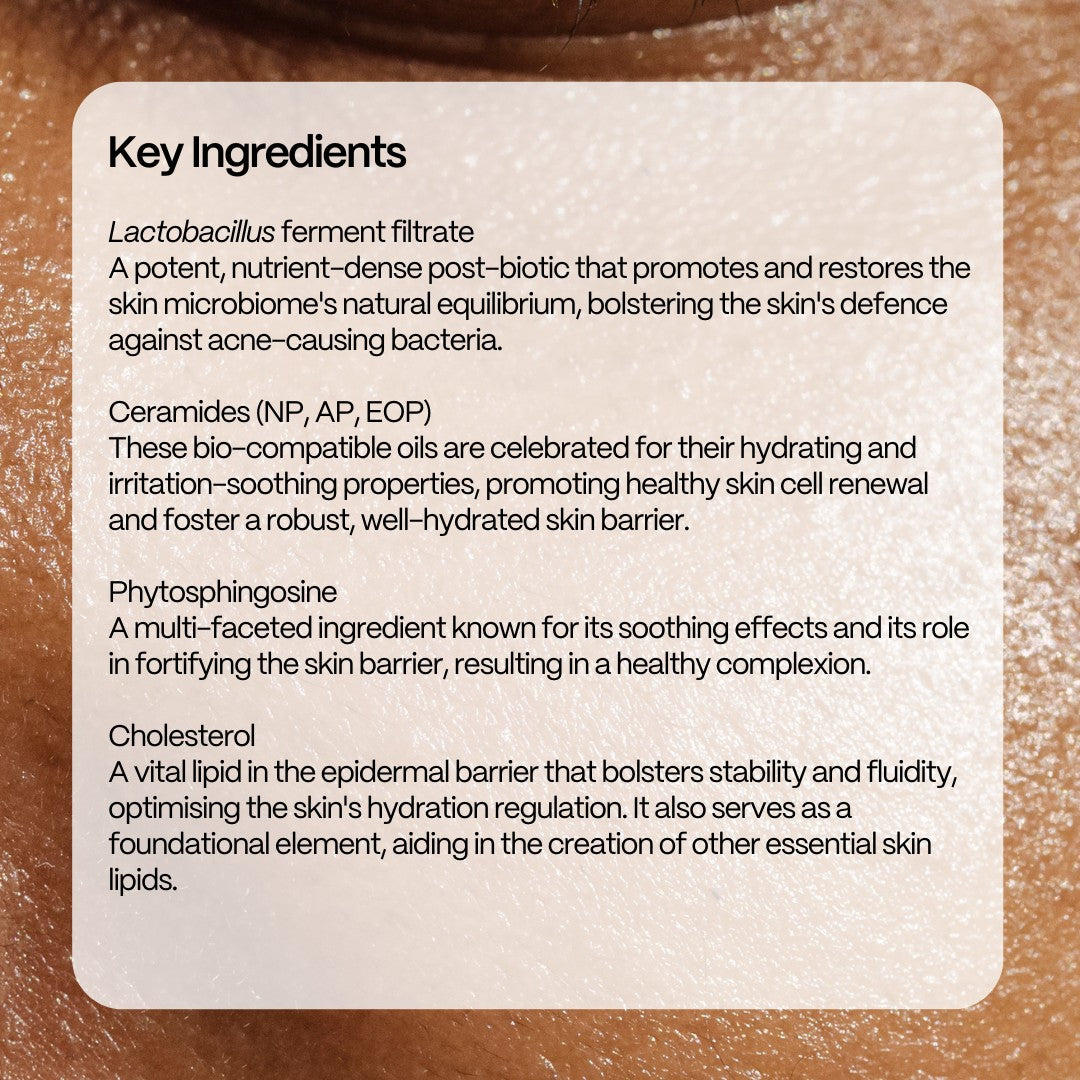The bacteria within your body are absolutely crucial to your health and wellbeing. So, making lifestyle choices that will benefit and promote a healthy microbiota is a great way to reduce your risk of health complications.
Whilst a ‘core’ group of bacteria is assumed to exist within all healthy people, the specific numbers and combinations of microbes that are ‘optimal’ for our health will be unique to each of us and our environments.
This uniqueness can make it hard to define what a ‘normal’ or ‘healthy’ microbiome looks like. However, it is generally agreed that there are certain features that are associated with a health-promoting microbiome, including diversity, stability, resilience to disturbances, and ability to perform all of the important functions required.
From the research that has been carried out so far, we have outlined below several key lifestyle factors that are known to impact an optimal and functional microbiome. Happy reading!

1. Diet
The most obvious lifestyle factor that comes to everyone’s mind when considering microbiome health is diet. This connection is because the vast majority of your microbes are found in your gastrointestinal tract, predominantly in your large intestine. Therefore, it stands to reason that the food you ingest is going to have a marked influence on the health of your microbiome.
In 2018, a study (the American Gut Project) found that people who consumed more than 30 different types of plants each week had a more diverse microbiome than people who consume 10 different plant types or fewer. Indicating that the number of different types of plants you eat is most important. Diets that are rich in a wide variety of whole, plant-based foods have therefore been implicated as the best option for improving microbiome health.

5. Sleep
It is unknown whether lack of quality sleep affects the microbiome, or if it is the other way around (a disturbed microbiome affects sleep), or both!
Researchers found that when sleep apnoea was induced in mice their microbiome was significantly altered, but when the microbiome of the sleep apnoea-induced mice was transferred to other mice, the receiver mice began to suffer from disturbed sleep, indicating that it is likely to be a two-way street.
A further study also found that mice with microbiomes disrupted by a strong course of antibiotics, experienced disrupted sleep cycles, and depleted serotonin levels.











